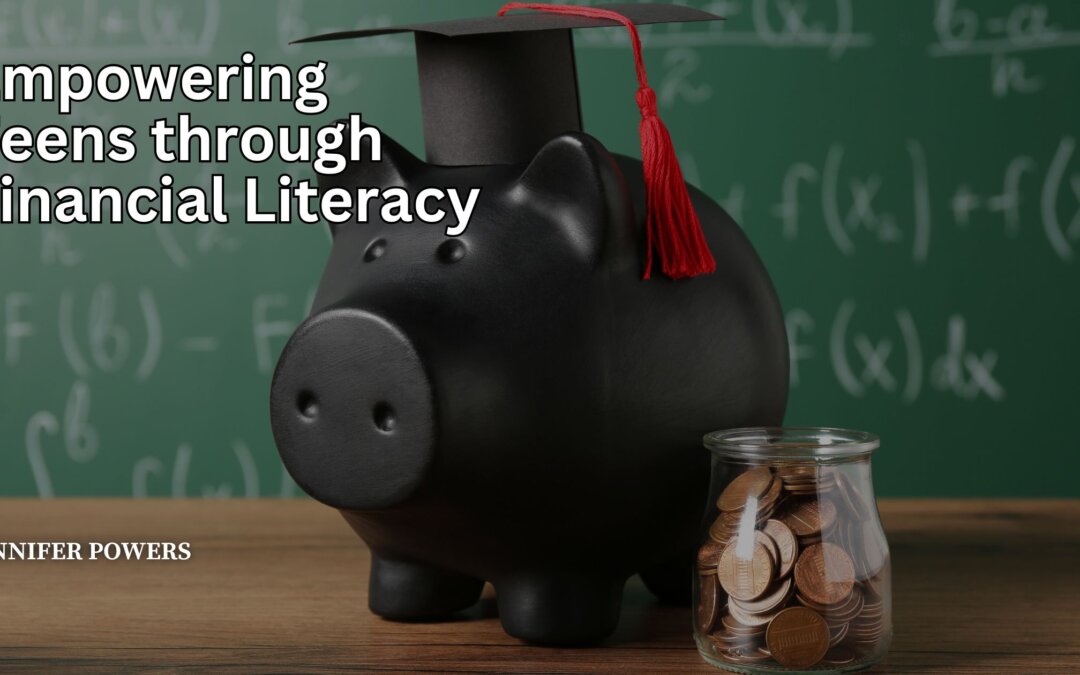Financial literacy is a critical life skill that is often overlooked in traditional education systems. Equipping teenagers with the knowledge and tools to manage money effectively sets them up for lifelong success. By teaching teens about budgeting, saving, investing, and responsible spending, parents and educators can empower them to make informed financial decisions, avoid debt, and achieve their goals.
Understanding the Basics of Money
For teens, understanding basic financial concepts is the first step toward empowerment. Teaching them the value of money, the difference between needs and wants, and how income is earned helps establish a solid foundation. Conversations about how much things cost, including everyday expenses like groceries and utilities, can provide valuable context.
Budgeting: A Key Skill
Budgeting is a cornerstone of financial literacy. By creating and managing a simple budget, teens learn to allocate their income or allowance wisely. Introducing them to tools like spreadsheets or budgeting apps can make the process engaging and interactive. Encourage them to prioritize essentials, set savings goals, and track spending to understand where their money goes.
The Power of Saving
Saving is an essential habit that can significantly impact a teen’s financial future. Teaching the principle of “paying yourself first” instills the discipline of setting aside a portion of income before spending. Parents can encourage saving by matching contributions or helping teens open a savings account to experience the benefits of compounding interest firsthand.
Introducing Investing
While saving is crucial, introducing teens to investing can broaden their financial horizons. Simplified explanations of how investments grow over time through the power of compounding and discussions about low-risk options like mutual funds or index funds can spark interest. For older teens, simulations of stock market activities or online tools can provide a hands-on experience.
Responsible Spending
Understanding the importance of responsible spending is another critical lesson. Teens should learn to distinguish between impulsive purchases and meaningful investments. Discussing the risks of credit card debt and high-interest loans prepares them to make sound financial choices in adulthood. Setting spending limits and reviewing monthly expenses together can reinforce this skill.
Real-Life Financial Experiences
Involving teens in real-life financial decisions can be highly educational. For example, they can help plan family budgets, compare prices during shopping trips, or calculate costs for vacations. Allowing them to earn and manage their own money, whether through part-time jobs, allowances, or entrepreneurial ventures, provides practical experience.
Building Confidence and Independence
Financial literacy empowers teens by building their confidence and independence. When they understand how to manage money, they can make informed decisions, reduce financial stress, and take charge of their future. It also helps them appreciate the value of hard work and responsibility.
Teaching financial literacy to teens is a vital investment in their future. With a strong foundation in money management, budgeting, saving, and investing, they can navigate adulthood with confidence and security. Empowering teens with these skills today ensures they have the tools to achieve financial success tomorrow.
